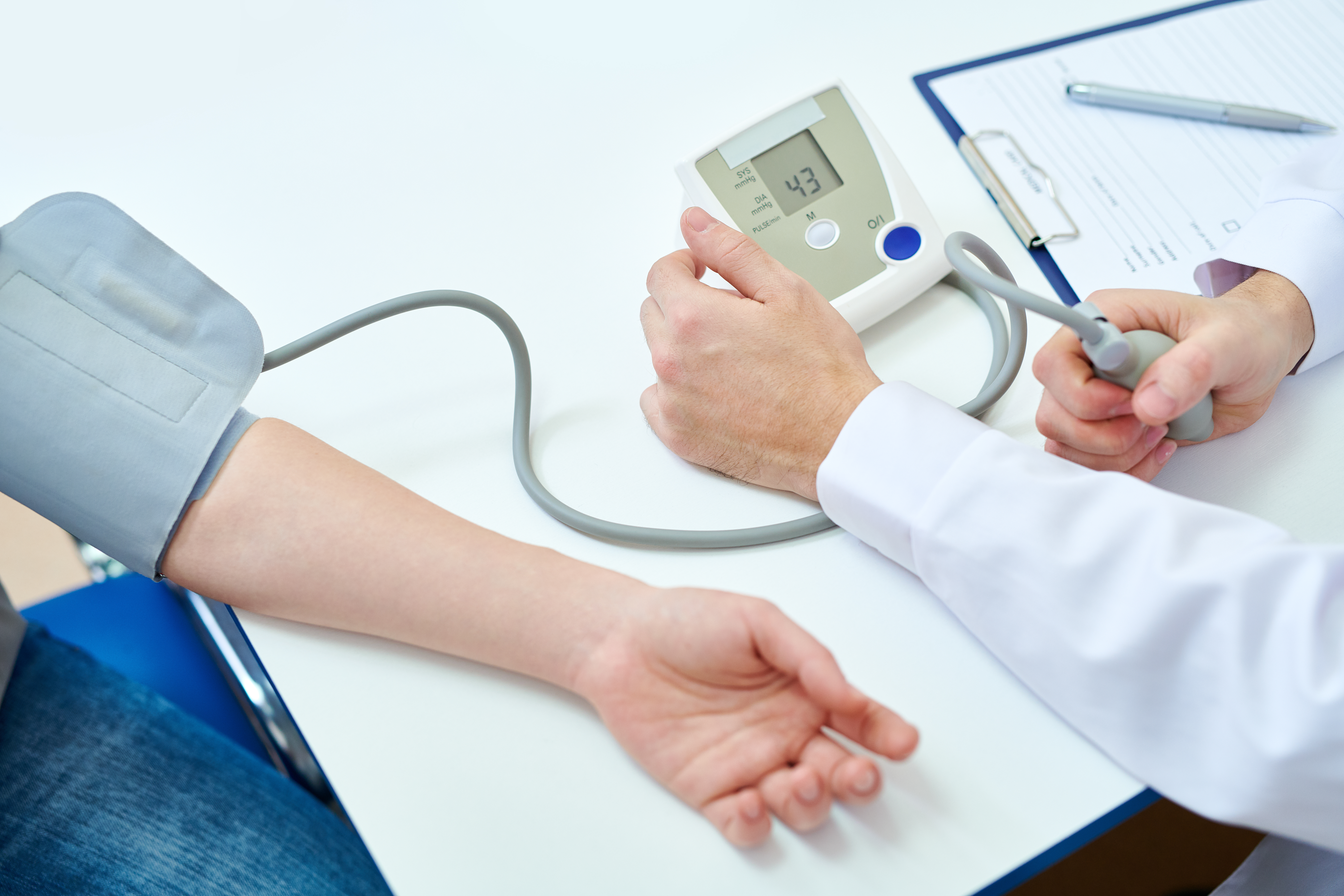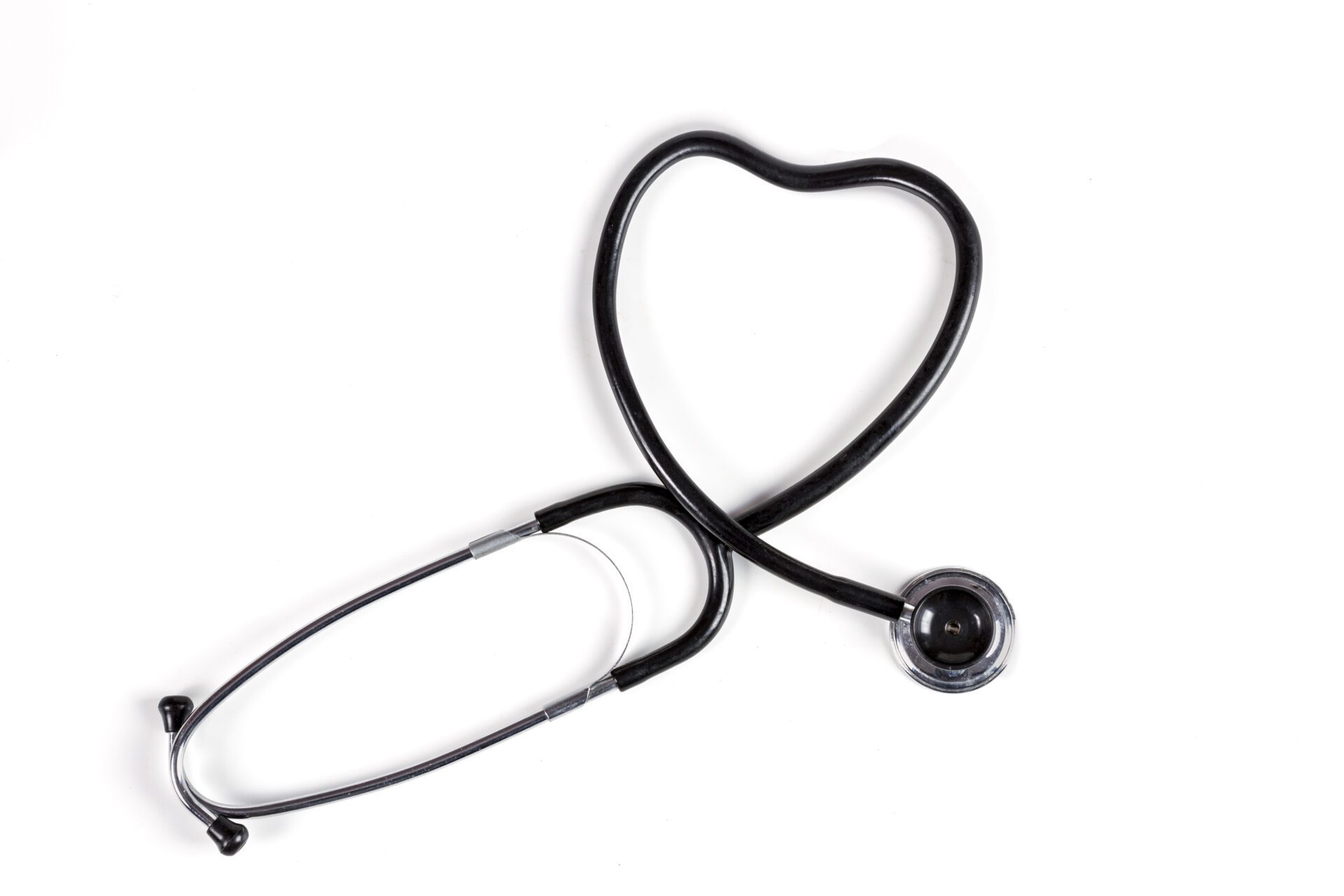Heart disease is a major health issue in the United States and causes 1 in 4 estimated deaths annually, making it the leading cause of death in the country.
There are different factors that can cause heart disease, such as high blood pressure, chronic stress, poor diet, family history, and smoking tobacco. For those who have been diagnosed with heart disease, common treatment options include medication, surgery, and natural lifestyle changes.
In recent years, studies have welcomed the idea of cannabidiol (CBD) as a potential, all-natural aid for heart disease. These studies have shown that CBD may have a promising positive impact on heart health by reducing inflammation, blood pressure levels, and stress throughout the body. Keep reading to learn more about heart health and some of the studies connecting CBD and heart disease. Check out our all-in-one infographic to learn more and don’t forget to share it!
CBD and Heart Disease: Can CBD Help? by Hempzilla
The cortisol stress hormone
Before we dive into the research, let’s take a look at cortisol — a hormone released by the adrenal gland in response to stressful situations, which has also been linked to high blood pressure and heart disease when produced incorrectly.
Cortisol has many functions in the body, including the ability to regulate blood pressure, glucose levels, and metabolism. It is also successful in reducing inflammation. During periods of stress, individuals with normal, functioning cortisol levels will exhibit an increase in cortisol, which will return to normal after the situation has passed. For those with irregular cortisol levels, whether it’s too much or too little, there can be serious health consequences.
Some signs of cortisol issues include:
- Headaches
- Digestive issues
- Muscle aches, tightness, or weakness
- Difficulty sleeping
- Anxiety
- Heart disease
- Memory issues
- Weight gain or loss
An overproduction of cortisol is often a direct result of chronic stress. When the body is in a constant state of alert, cortisol steps in repeatedly to boost glucose levels because glucose provides energy to fuel a fight or flight response. These consistently high levels of cortisol and glucose can lead to increased blood pressure, cholesterol, and blood sugar, which are all risk factors for heart disease.
Can CBD lower blood pressure? What the research says about CBD and heart disease
According to one study, it was reported that even a single dose of cannabidiol had the potential to reduce blood pressure. The study was a randomized, placebo-controlled, double-blind study that involved nine healthy male volunteers. After receiving 600 mg of CBD or the placebo, it was observed that the small dose of CBD can reduce both resting blood pressure and blood pressure levels associated with stress.
CBD has also been touted by users for its relaxing and anxiolytic (anxiety reducing) effects. Because increased blood pressure is often tied to stress and anxiety, it is thought that CBD could effectively combat such physical responses. Another study called Cannabidiol as a Potential Treatment for Anxiety Disorders found that stress-induced heart rate and blood pressure spikes were reduced when CBD was introduced.
Although more research is needed to back these claims, these study results are promising for CBD and heart disease.

CBD and blood pressure medication: which is better?
Many people take medication to help control high blood pressure levels. Common blood pressure medication classes include diuretics — those that help the body release excess salt and water — and beta-blockers, which work to reduce overall heart rate. While such prescriptions have proven successful in lowering blood pressure, they can also produce a myriad of side effects like dizziness, headaches, fatigue, and nausea.
Unlike these medications, it is thought that CBD could offer an all-natural alternative with minimal reported side effects. CBD has also been touted for its effectiveness in helping with chronic pain, anxiety, sleep issues, and more. The best part about CBD? You can buy it over the counter with no prescription needed!
When it comes to comparing CBD and blood pressure medication, it is important to note that CBD research is still being conducted to determine its potential role in reducing high blood pressure. If you are considering CBD as an alternative solution for a heart disease condition, you should discuss with your doctor beforehand to ensure it’s right for you.
How does CBD work?
CBD, short for cannabidiol, is one of over 100 compounds found in the cannabis plant. Unlike THC (tetrahydrocannabinol), CBD doesn’t produce any psychoactive effects. Instead, its effects tend to be more therapeutic and can help with reducing inflammation, relieving pain, and achieving sounder sleep.
CBD works by promoting the body’s natural endocannabinoid system (ECS) through interactions with CB1 and CB2 receptors. CB1 receptors are mainly found in the central nervous system, while CB2 receptors are mainly in the peripheral nervous system. Both of these systems aid in different processes and functions, including sleep, mood, appetite, and the immune system.
In addition, the body naturally produces cannabinoids, so it already has an affinity for cannabidiol. Therefore, when we introduce the additional cannabinoids in CBD to the body, it is thought that they can boost the productivity of the endocannabinoid system.
Which CBD product is best for me?
CBD is available as a wide range of products — from topicals and tinctures to gummies and vape pens. For those looking for a fast solution, smokable CBD products and tinctures are likely to reach the bloodstream faster than edibles. If you want to find the best product for you, we recommend trying out various products! Keep in mind, each product varies in price and potency, which could impact your decision as well.
CBD and heart disease : Is the cannabinoid effective?
Individual CBD users often praise the cannabinoid for its relaxing, anxiolytic, anti-inflammatory effects, all of which could present benefits for heart health. Additionally, some studies have investigated CBD’s effect on blood pressure and anxiety. While the results of each point to CBD as a potential solution for high blood pressure, more research is needed in order to better understand how the molecule could play an important role in lowering the risk of heart disease.
If you have heart problems or currently take heart medication and are considering adding CBD to your routine, be sure to consult with your doctor beforehand.
